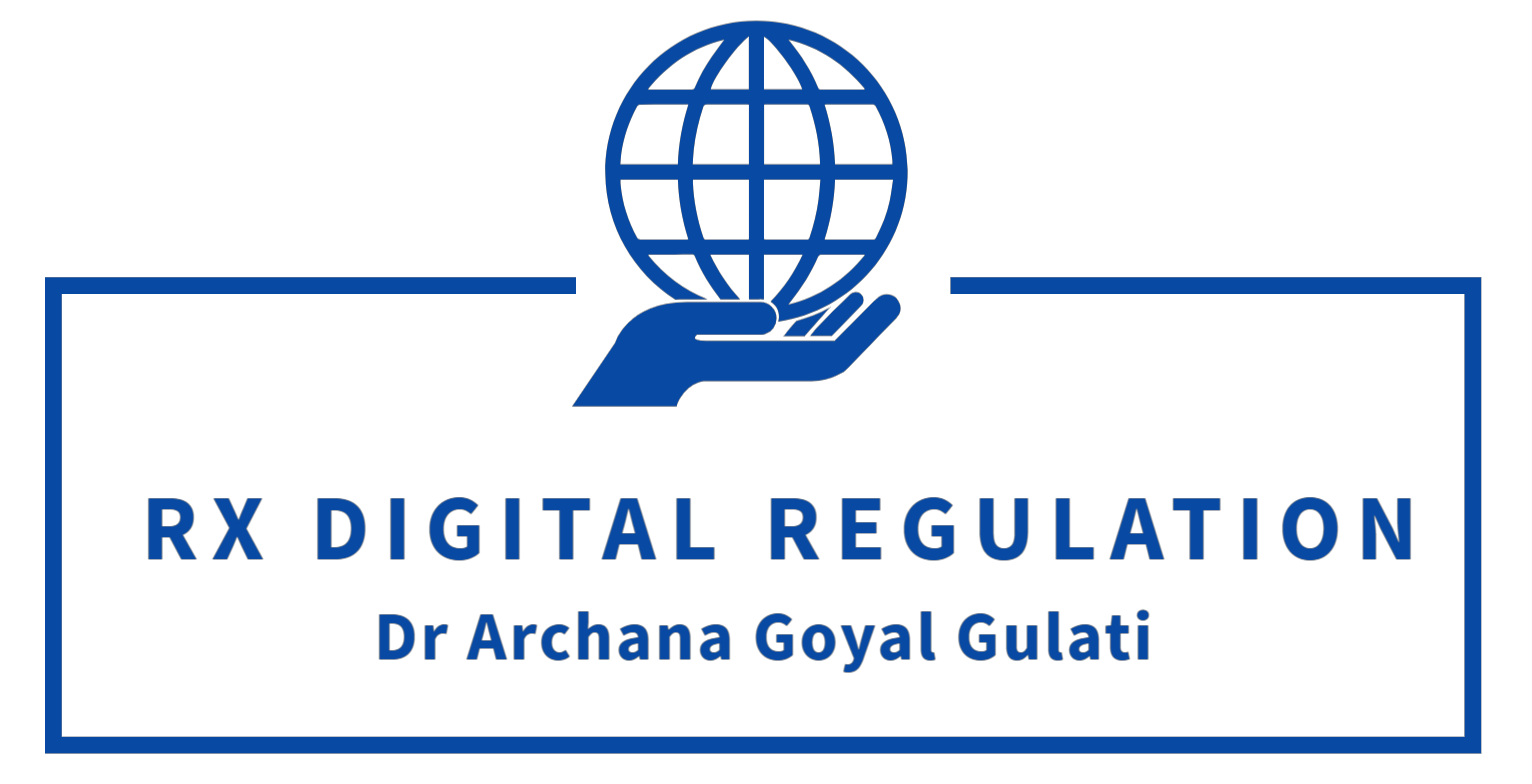
Reassuringly Sensible Approach to Future Regulation

It was good to read a press release titled, “ECTA Regulatory Conference – Competition should remain at the heart of EU telecoms regulatory policy.” I reproduce it (verbatim) below as it is in my view a very significant post.What is particularly important is to not let political compulsions or economic downturns allow a movement away from competition and towards monopoly as incumbents would like. This is especially important as the arguments against competition in the era of NGN sound very similar to those propagated by interested parties in the eral of fixed line services before mobile services proved them wrong. Telecoms are always going to be subject to disruptive technologies and to be lulled into thinking that competition can harm or than monopoly is inevitable or desirable in view of the pressing need for universal broadband or in view of declining profit margins would be shortsighted.
This argument applies equally well to developing countries. In India, a short phase of cut throat competition in the mobile voice segment caused by faulty policies of the recent past (ending with cancellation of licenses) and a sudden resurgence of faith in public rather than private sector for rural roll outs (owing to a beleaguered bureaucracy facing the aftermath of a phase of crony capitalism) is leading many to the wrong conclusions.
The post reads as follows:
“European policy makers, regulators, key players from the telecoms industry and other stakeholders meet for three days under the auspices of ECTA to discuss pressing issues for the telecoms sector, including the recent European Commission proposal on the telecoms single market.With high level speakers, including Vice-President Neelie Kroes, the ECTA Regulatory Conference will address a plethora of issues ranging from net neutrality, data protection and consumer protection to regulation, competition, market structure, investments, the review of relevant markets and spectrum harmonization.
The implementation of a genuine single market for telecoms ranks high on the EU agenda, as does the role that regulation should play going forward. This conference will promote an open debate on the challenges the sector is facing and provide the opportunity to discuss how regulation can continue ensuring that tangible benefits are delivered by the EU’s pro-competitive framework and maintained in an NGA setting.
Tom Ruhan, Chairman of ECTA said “This conference is a great opportunity to stop and think. Alarming misconceptions regarding the state and performance of the sector and the role of regulation could divert the EU from a competition and end-user friendly path. We must not forget that competition has proven to be the best driver for efficient investments and also acknowledge the key role played by competitors in driving innovation and affordable prices for users (consumers, businesses and public administrations) as well as network investments. The immense benefits associated with open and competitive telecoms markets must not be undone by attempts to push for premature de-regulation. The review of relevant markets is particularly important in this regard. Regulation should also not be used to give a hand to those dominant companies, which have failed to take the necessary business decisions to adapt to a data centric world and now want to reduce competition instead of correcting their mistakes. Using regulation to implement the wrong industrial policies is a no-go.”
Erzsebet Fitori, Director of ECTA said “Experience has shown that ‘two is not enough competition’ for European consumers. More than ever we need pro-competitive policies, which recognise that regulation of the fixed infrastructure remains an essential competition enabler in an NGA environment and that investments are fostered and not hindered by competition. We must ensure that regulation remains neutral to whoever invests.”
The pro-competitive principles enshrined in the EU Regulatory Framework, namely the need to promote market liberalization and ensure open access to infrastructure, have been regarded outside EU borders as “best-practice”.[1] Indeed access based regulation – namely to physical access products of dominant operators – has played a key role in ensuring that new entrants are able to enter the telecoms markets, climb the ladder of investment, start rolling out their own networks and take the driver’s seat when it comes to NGA broadband deployment.[2] The need to make available, across all EU Member States, fully equivalent and fit-for-purpose wholesale access products, at a fair price and tailored to the needs of business services, is all the more necessary in the transition to NGA.
The development of a true single market depends on the genuine barriers being tackled, not on meeting demands of dominant operators for intervention aimed at reducing competition. Premature de-regulation or the implementation of unfit regulation must therefore be outright prevented. The upcoming review of relevant markets will have a fundamental role to play in this regard.”

